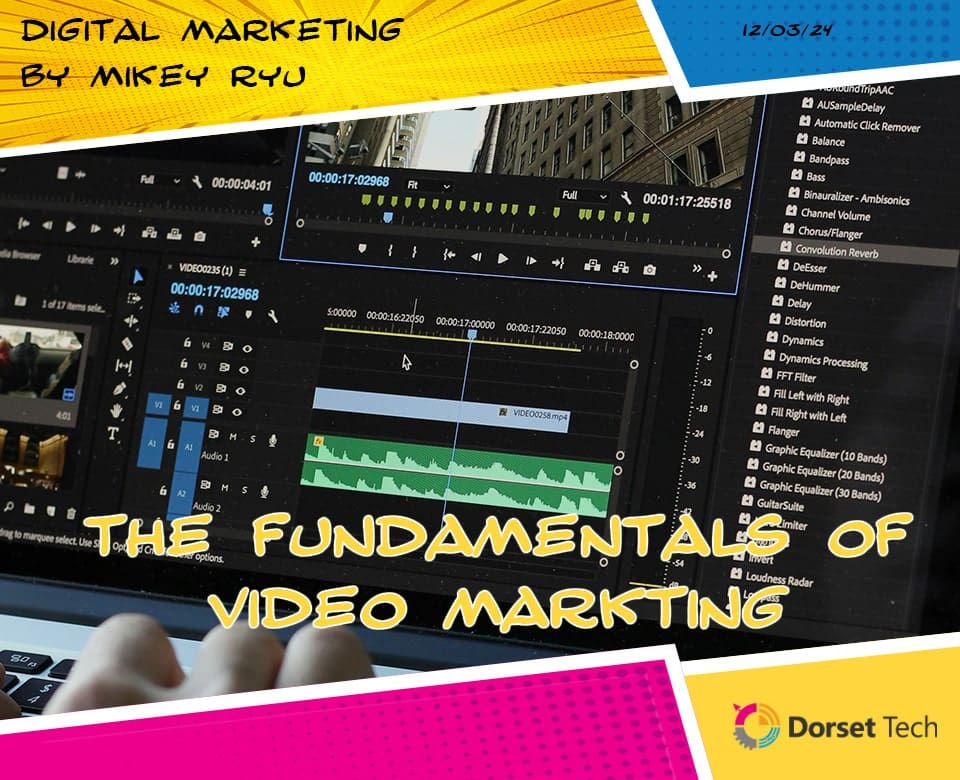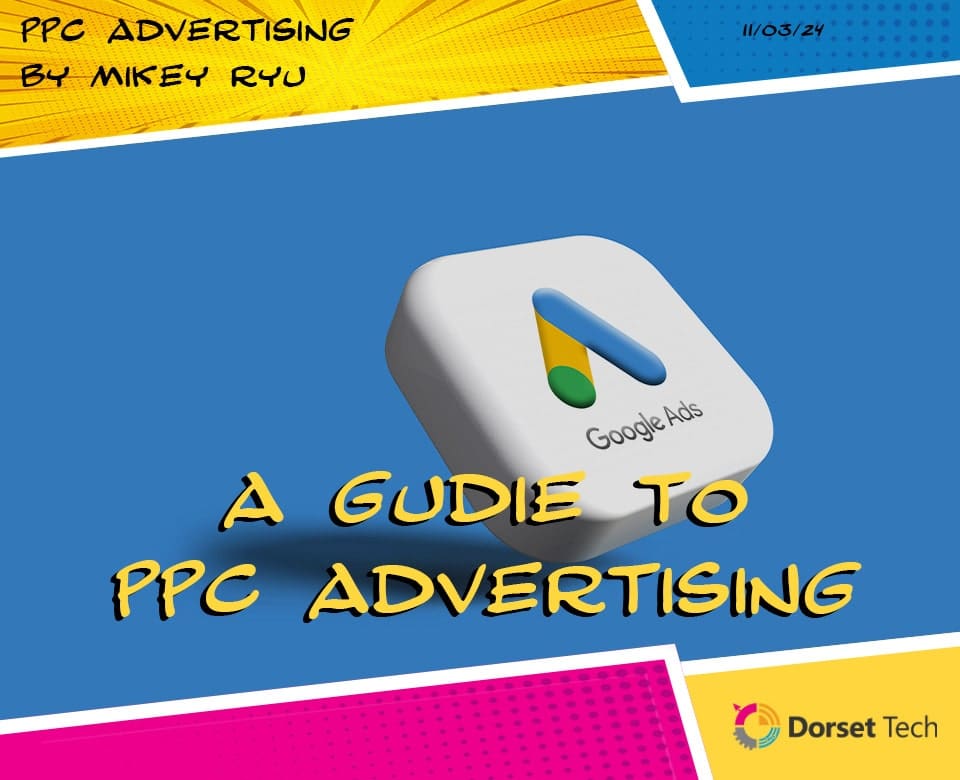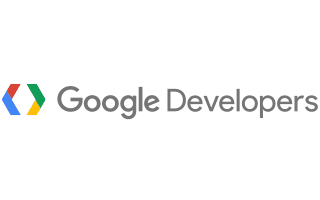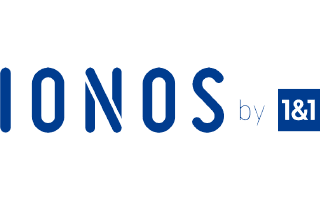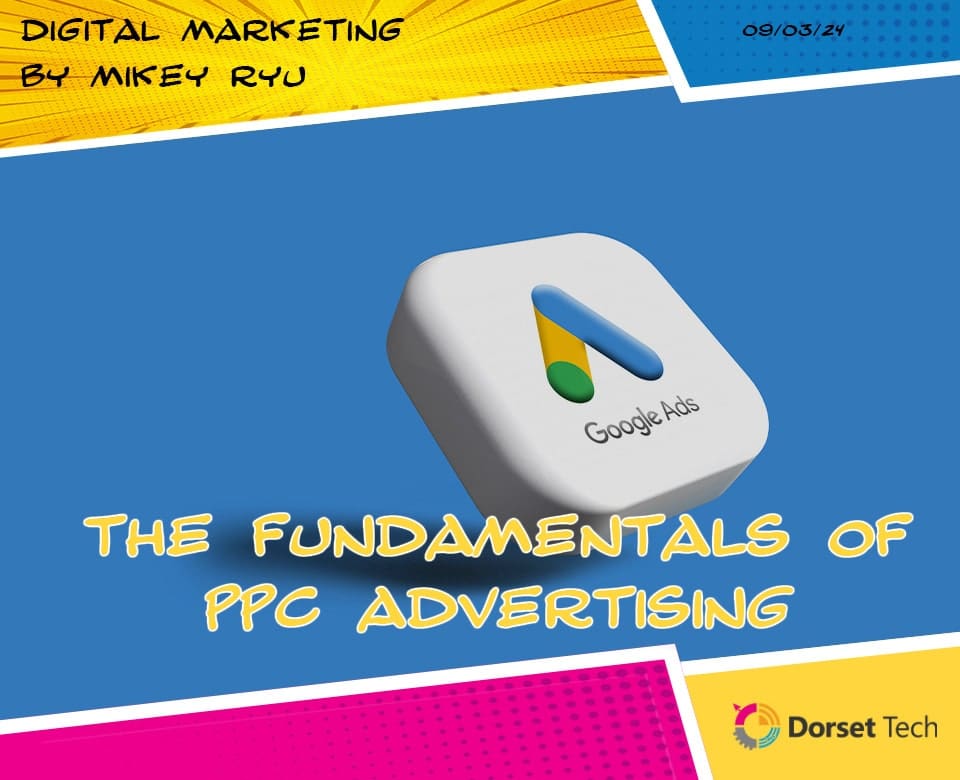
Deciphering the Essentials of PPC Advertising
Pay-per-click (PPC) advertising has emerged as a pivotal strategy for businesses aiming to drive targeted traffic, boost conversions, and maximize their online visibility. By placing ads across search engines, social media platforms, and other digital channels, businesses can reach their target audience with precision and efficiency. In this comprehensive guide, we’ll explore the fundamental principles of PPC advertising and how businesses can leverage its potential to achieve their marketing objectives.
Understanding PPC Advertising:
PPC advertising is a digital marketing model where advertisers pay a fee each time their ad is clicked. It allows businesses to bid on keywords relevant to their products or services and display ads to users actively searching for related information. Unlike organic search results, which are determined by algorithms, PPC ads appear at the top of search engine results pages (SERPs) or within social media feeds, providing businesses with instant visibility and traffic.
Keyword Research and Selection:
Keyword research forms the foundation of successful PPC campaigns. Identify relevant keywords that align with your business objectives and target audience’s search queries. Use keyword research tools to assess keyword volume, competition, and cost-per-click (CPC) estimates. Choose a mix of broad match, phrase match, and exact match keywords to capture different stages of the customer journey and maximize your campaign’s reach and effectiveness.
Ad Copywriting and Ad Extensions:
Compelling ad copy is essential for capturing users’ attention and driving clicks. Craft concise, persuasive ad copy that highlights your unique selling propositions (USPs) and encourages users to take action. Incorporate relevant keywords into your ad copy to improve ad relevance and quality score. Additionally, leverage ad extensions such as site links, callouts, and structured snippets to provide additional information and enhance the visibility and appeal of your ads.
Targeting and Audience Segmentation:
Targeting the right audience is critical for maximising the effectiveness of your PPC campaigns. Utilize targeting options such as location targeting, demographic targeting, device targeting, and audience targeting to reach your ideal customers. Segment your audience based on factors such as demographics, interests, and behaviour to tailor your ad messaging and offers to specific audience segments, increasing relevance and driving higher conversion rates.
Bid Management and Budgeting:
Effective bid management is essential for optimising your PPC campaigns and maximizing return on investment (ROI). Set competitive bids based on keyword performance, competition levels, and campaign objectives. Monitor campaign performance regularly and adjust bids accordingly to maintain a favourable position in search results while controlling costs. Allocate your budget strategically across campaigns and ad groups to prioritize high-performing keywords and maximize campaign effectiveness.
Ad Quality and Landing Page Experience:
Ad quality and landing page experience play a significant role in determining the success of your PPC campaigns. Ensure that your ads are relevant, engaging, and aligned with users’ search intent. Optimize your landing pages for speed, relevance, and conversion by providing clear messaging, compelling visuals, and easy-to-navigate layouts. Implement strong calls-to-action (CTAs) and relevant offers to encourage users to complete desired actions, such as making a purchase or submitting a lead form.
Conversion Tracking and Optimisation:
Conversion tracking is essential for measuring the effectiveness of your PPC campaigns and optimizing for better results. Set up conversion tracking to track valuable actions such as purchases, form submissions, or sign-ups. Analyze conversion data to identify high-performing keywords, ad creatives, and audience segments. Continuously test and optimize your campaigns by experimenting with different ad variations, targeting options, and bidding strategies to improve performance and achieve your campaign goals.
Performance Monitoring and Reporting:
Regular performance monitoring and reporting are essential for evaluating the success of your PPC campaigns and informing future decision-making. Use analytics tools provided by advertising platforms to track key performance metrics such as click-through rates (CTR), conversion rates, cost-per-acquisition (CPA), and return on ad spend (ROAS). Generate comprehensive reports to gain insights into campaign performance, identify trends, and make data-driven optimizations to drive continuous improvement.
In conclusion, PPC advertising offers businesses a powerful means of reaching their target audience, driving traffic, and achieving their marketing objectives with precision and efficiency. By understanding the fundamentals of PPC advertising and implementing best practices for keyword research, ad copywriting, targeting, bid management, ad quality, conversion tracking, and performance monitoring, businesses can harness the full potential of PPC to drive measurable results and fuel their growth in the digital landscape.



